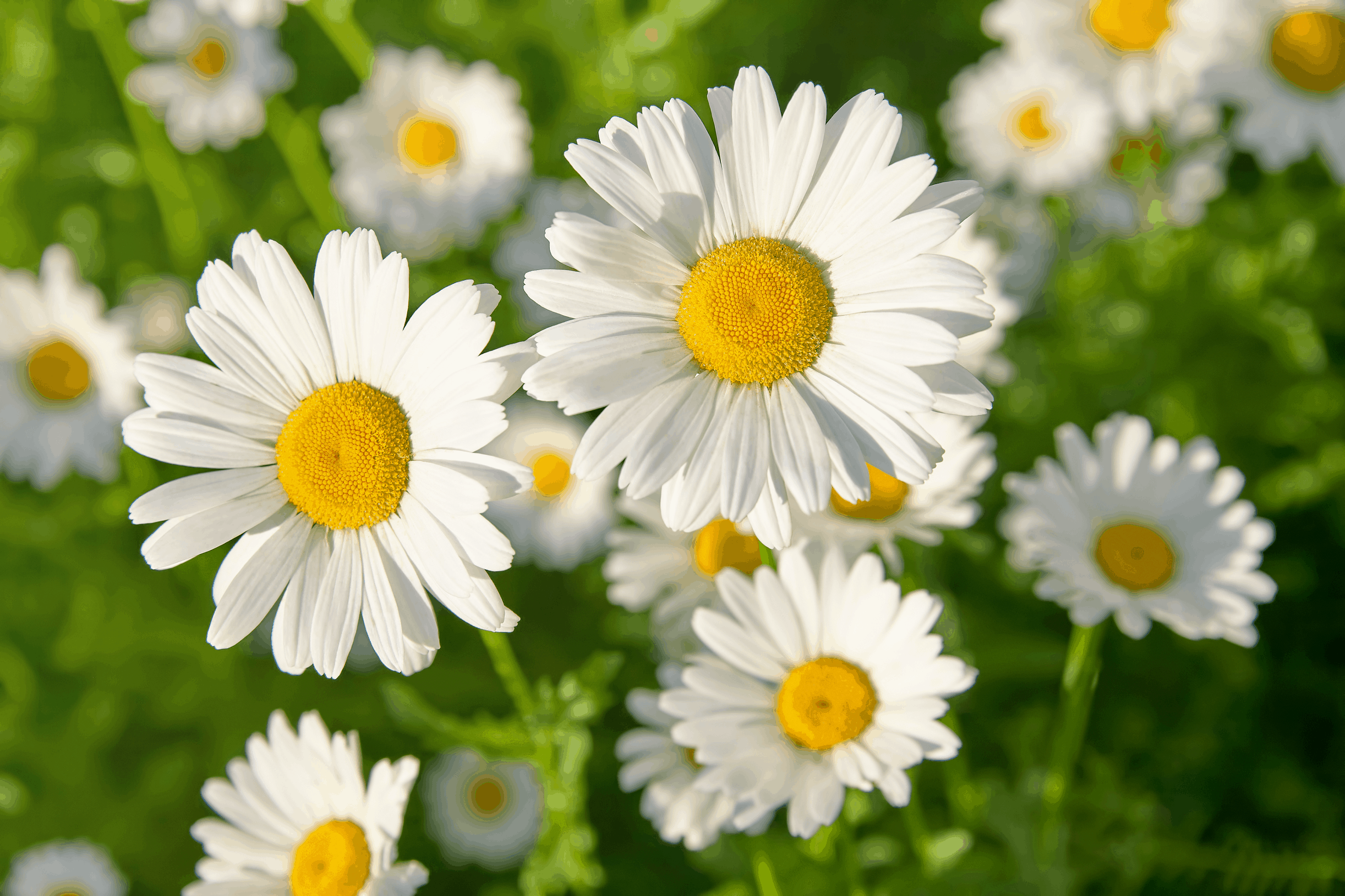
Daisy Symbolism And Meaning What Do Daisy Flowers Represent?
In the language of flowers, daisies symbolize new beginnings and rebirth, in addition to love, cheerfulness, beauty, purity, innocence, hope, fun, and affection. They're also commonly given to new mothers as a symbol of childbirth and motherhood. In spirituality, daisies represent faith and eternal life. Etymological Meaning
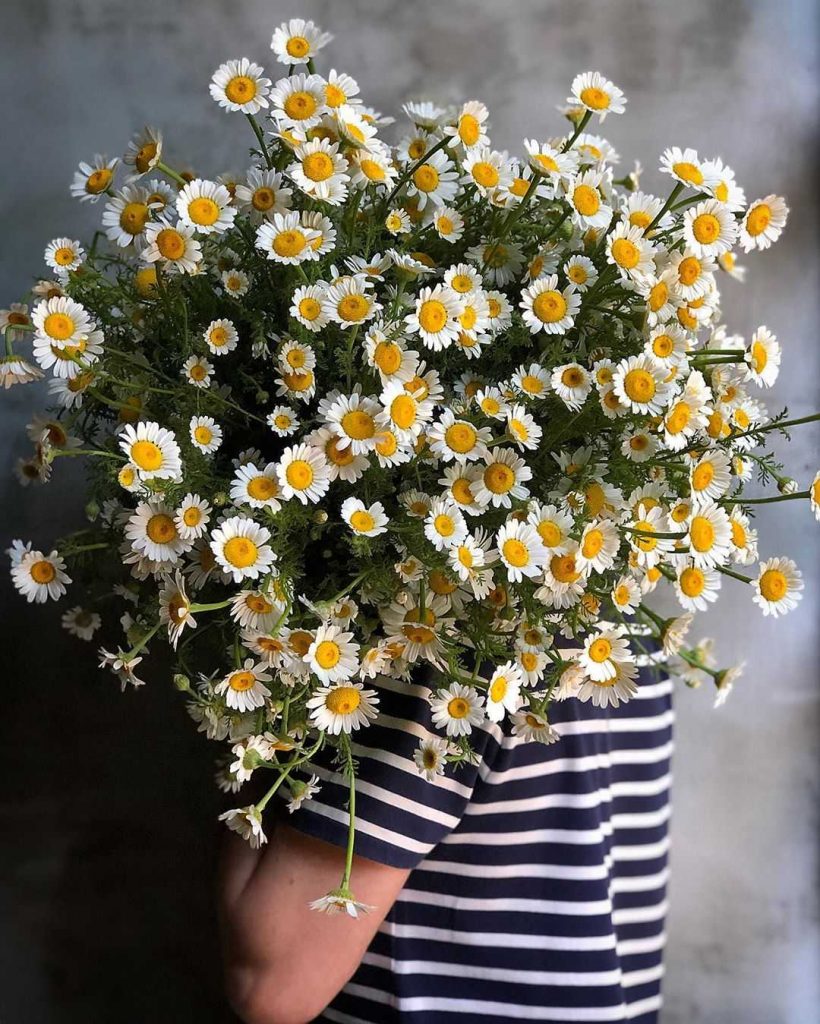
Daisy flower meaning • Origins • Symbolism and other interesting facts
Daisies grow all year round. Daisies are naturally resistant to many plant diseases and pests, which makes them perfect flowers for new gardeners. Unfortunately, the English daisy (Bellis perennis) is considered a stubborn weed in North American lawns. Meaningful Botanical Characteristics of the Daisy Flower

Meaning of Daisy Flowers And Other Facts About These Lovely Blooms Daisy flower types, Daisy
Roman Mythology For the Romans, the daisy's meaning was associated with Belides, a nymph who was being over-zealously pursued by Vertumnus, the god of seasons and gardens. Since Belides was so non-confrontational, she didn't want to push Vertumnus away. Still, she needed to get away from his sleazy attention.
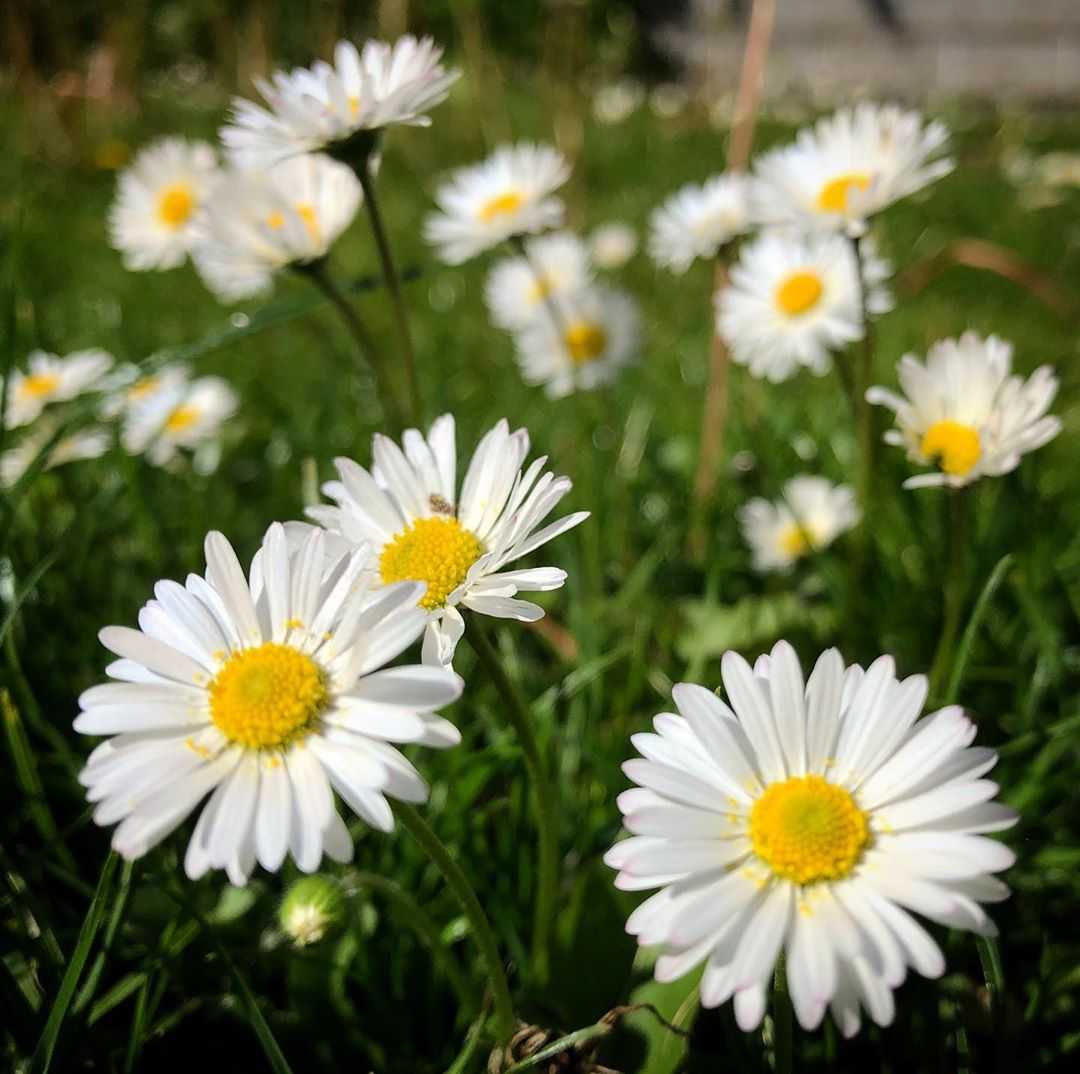
Daisy flower meaning • Origins • Symbolism and other interesting facts
The daisy flower represents: Innocence and Purity Since daisy flowers are usually associated with newborns and babies, they symbolize the innocence an infant has. Given its meaning, the daisy flower is typically included in birthday flower arrangements for children and parents.
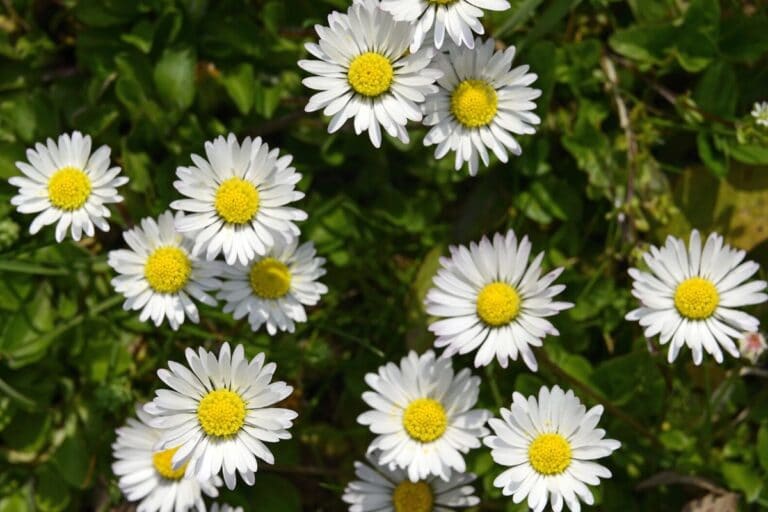
Daisy Flower Meaning and Symbolism
Meaning of the Daisy Flower. The daisy flower has been a universal symbol of innocence, purity, and cheer for centuries. It's often associated with themes of love and innocence, and is a popular choice for weddings and other special occasions. The daisy's symbolism is often linked to its soft, delicate petals, which represent a new.
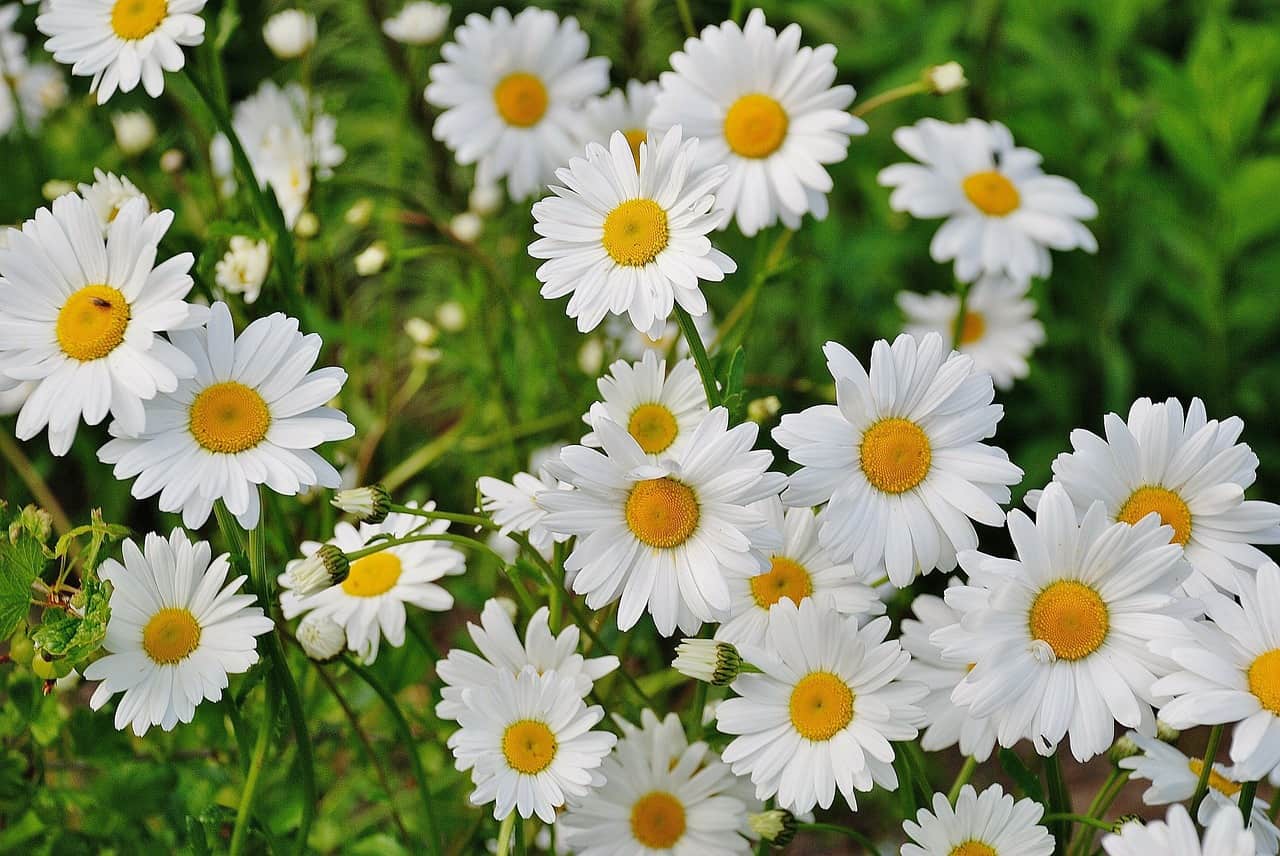
Daisy Flower Meaning and Symbolism MORFLORA
The meaning of a daisy flower can be purity, innocence, new beginnings, joy and cheerfulness. In the Victorian Era, daisies symbolised innocence, loyalty and an ability to keep things secret. You could give someone a posy of daisies, and in the language of flowers ( floriography ), this could be taken to mean their secret was safe with you.

Daisy Flower Meaning and Symbolism (Ultimate Guide) (2022)
The Meaning Of Daisy Flowers: Symbolism, Colors, And Cultural Significance September 21, 2023 Explore the fascinating world of daisy flowers and their profound meanings. From ancient mythology to Victorian language of flowers, discover the symbolism and cultural significance behind these beautiful blooms. History and Symbolism of Daisy Flowers

Daisy Meaning and Symbolism
Daisy flower meaning and symbolism: The daisy is a beautiful flower that has been associated with a variety of meanings and symbolism over the years. Depending on which culture you look at, the daisy can represent innocence, purity, new beginnings, freshness, springtime, love, joy, and happiness. This delicate blossom is often given as a symbol.

Daisy Flower Meaning and Symbolism What the Daisy Represents
• True love. Daisy flower stands for innocence and is tightly related to newborns, babies, and children. That is why people gifted Daisy flowers to parents and their kids. Daisy flower means innocence and symbolizes new beginnings. Children are hope of our world as we believe they will create a better world for us all.
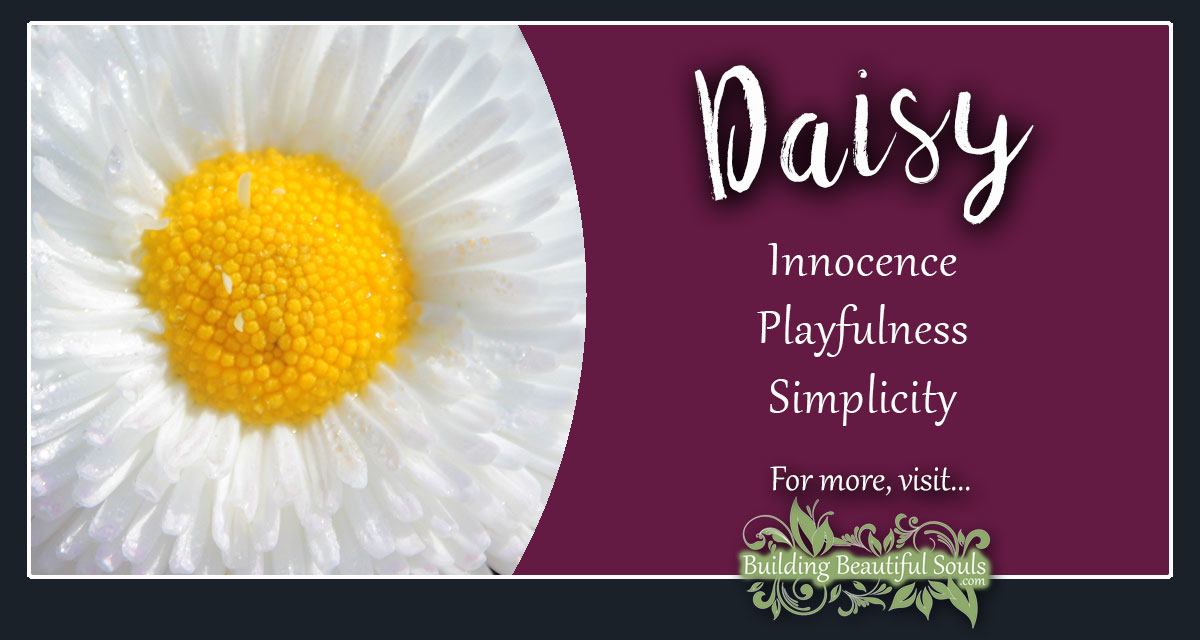
Daisy Meaning & Symbolism Flower Meanings & Symboiism
According to spiritual teachings, the daisy symbolizes purity, innocence, and new beginnings. This spiritual meaning is rooted in its ancient Greek origin, where the daisy represented the goddess of fertility and childbirth. The white petals of the daisy symbolize spiritual purity, while the yellow center represents the spiritual sun.

Cheralyn Darcey Flower Reading, Oracle Cards Daisy flower meaning, Flower meanings, Daisy flower
They symbolize new beginnings and rebirth, embodying love, cheerfulness, and beauty. Like the aster flower, the daisy is associated with innocence, purity, and hope. These blossoms are often presented to new parents, symbolizing childbirth and the journey into parenthood.

Symbolic Meaning of the Daisy Deep Insights About the Daisy in Myth and Legend by Avia on
1. Daisy Flower Origins Daisy flower has a rich history and symbolism in various cultures, including Norse, Roman, and Celtic mythology. In Norse mythology, the daisy was associated with Freya, the goddess of love, fertility, and sensuality. As her favorite flower, it symbolized the same attributes she was known for.

The meaning of Daisy Flowers. Flowers in 2020 Flower meanings, Daisy flower meaning, Daisy flower
In the world of symbolism, the simple yet beautiful daisy flower represents innocence. It is also a popular symbol of purity and is often associated with beauty as well. Daisies are also often used as a symbol of a secret between two people and as a reminder to keep it secret.

Meaning of the Daisy Flower/DaisyFlower 데이지꽃 Deiji Kkoch YouTube
The most popular meanings of daisy flowers are innocence, purity, new beginnings, and trust. However, various colors may also symbolize beauty, love, and patience. Image via esztikucsi White daisies are the symbol of innocence and purity. This image comes from Hamlet's Shakespear where Ophelia picks up a daisy and doesn't give it to anyone [3].

purple daisy flower meaning Splendid Column Image Archive
July 14, 2023 7 min read The Daisy Flower There is something captivating about daisies. These unassuming blossoms have a way of capturing our hearts with their simple beauty. As we stroll through meadows and gardens, their cheerful faces seem to beckon us, urging us to take a moment and marvel at the wonders of nature.
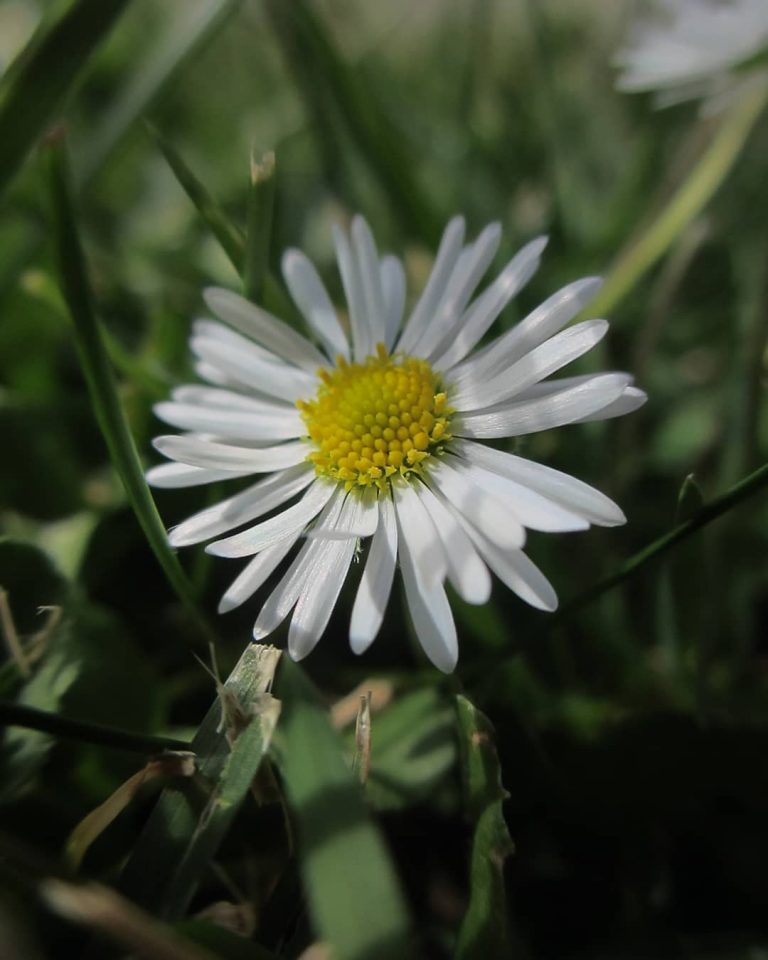
Daisy flower meaning • Origins • Symbolism and other interesting facts
Sharing is caring! April showers bring May flowers, but do you know what else April brings? Lots and lots of daisies. The daisy is one of the two official birth flowers of the month of April (the other being the sweet pea) but is perfect to give someone in a bouquet at any time of the year.